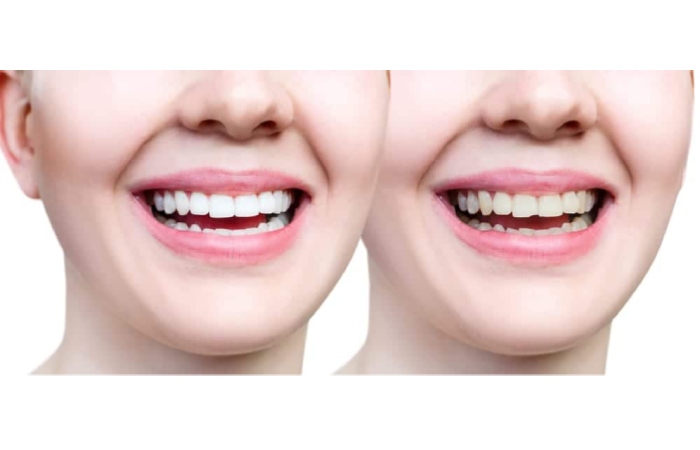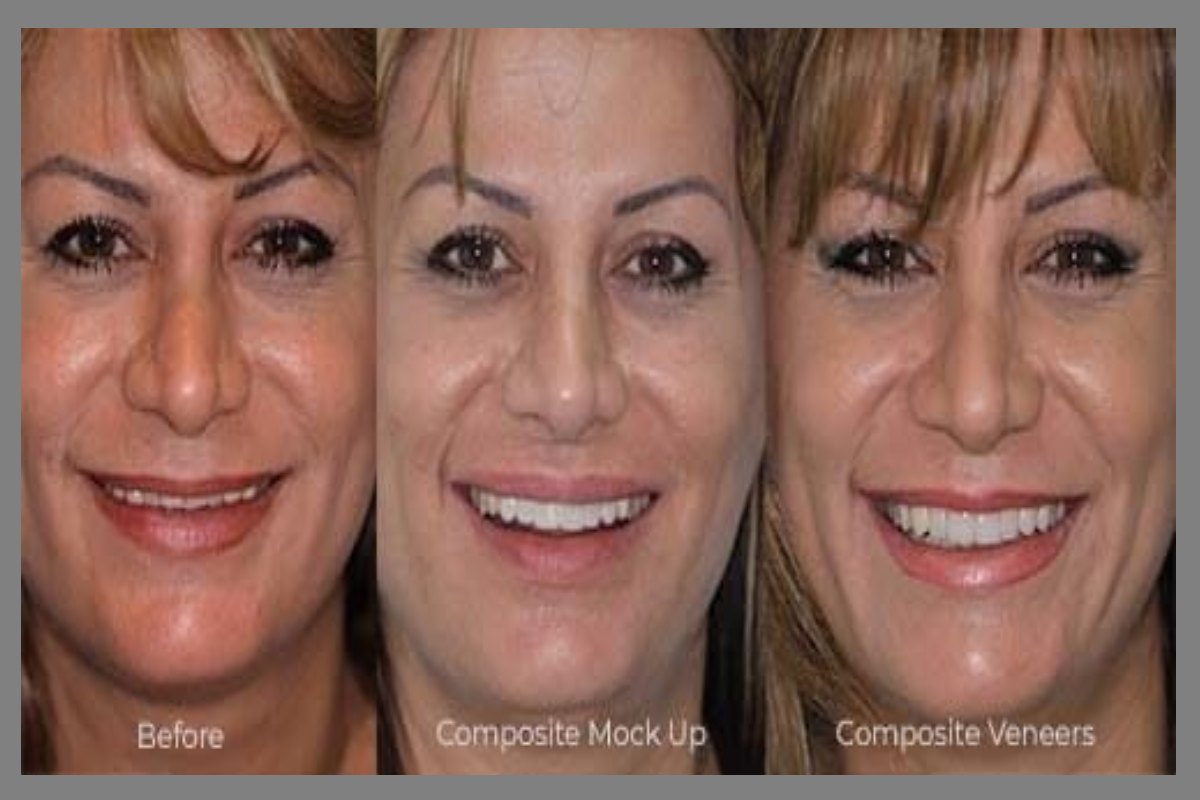Composite bonding is a dental treatment that involves using a tooth-colored resin to fix cosmetic problems on the teeth. This resin is applied to the teeth, shaped, and then hardened with a special light. Composite bonding can use to fix minor flaws in the teeth.
Is Composite Bonding Suitable for me?
Composite bonding is a safe and effective way to improve the appearance of your teeth. It most often use to correct minor cosmetic flaws, but it can also repair more significant areas of damage. If you consider composite bonding, make sure you discuss your options with your dentist. They will tell you if composite bonding is suitable for you and what procedures they recommend.
How does Composite Bonding Work?

Composite bonding involves using a special tooth-colored resin to fill in minor cosmetic flaws.
This resin can be used to build up weak or broken teeth, reduce significant gaps, and change the shape of the teeth. After the dentist applies this resin over your teeth with a putty-like material, they will use a special light to harden it into its final shape. It just takes about 30 minutes for this procedure to complete. Composite bonding may sound like just another way to fix minor problems on your teeth – but most experts agree that it’s better at making these changes than traditional dental fillings.
The most common composite bonding procedure is a simple “tooth-colored filling.” This cosmetic dental procedure can fill in small holes and smooth out the surface of your teeth. Composite bonding can also use to close up gaps between teeth or change their shape, much like porcelain veneers. Many different composite resins available today provide slightly different results for patients. If you want to use composite bonding to fix a larger area, such as one side of your entire mouth, talk with your dentist about using an all-in-one type of resin. These special types of resin can create a strong bond when applied over a large surface area.
Should you go for Composite Bonding?
Here are some points to keep in mind when deciding whether or not composite bonding is right for you:
-The condition of your teeth. Composite bonding may not be the best option if you have extensive dental damage or decay.
-The condition of your gums. If you have gum disease or other oral health issues, composite bonding may not be recommended.
-Your budget. Composite bonding can be expensive, depending on the area treat. If you do not have the money, it is probably not suitable for you.
-The color/shape of your teeth. Composite bonding cannot use to change the shape of your teeth or alter their natural color. If you are unhappy with these things about your teeth, then composite bonding may not be right for you either.
Several other factors can determine whether or not composite bonding is best for you, which means having a consultation with your dentist to discuss this in greater detail is always recommended.

